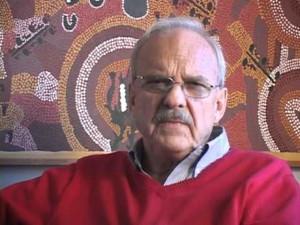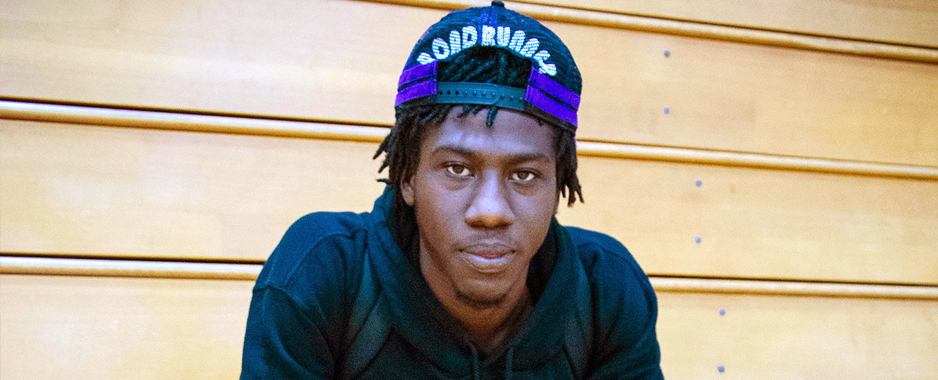By Ashley Subphamitra and Brandy Voirin/reporters

People must think beyond what they were born into, the United Nations Education, Scientific and Culture Organization chair at York University in Toronto told NE and South students Oct. 21 and 22.
In Well-Being For All, Forever: Creating the World We Want, Charles Hopkins, the co-director of the Sustainability and Education Academy in Canada, asked students to focus on the concept of using their education for “we and not me” while creating a sustainable world for everyone. Hopkins urged students to get engaged in every aspect of sustainability from food to development and social responsibility.
“We are now at 7 billion people,” he said. “We just have to educate one another.”
By educating others, Hopkins concluded that not only could the population create a better America, but also a better world.
“We must develop the skill to act [and help] with others,” he said.
Environmental change with global warming has led to a “new wave of immigration,” most of which leads to severe poverty, Hopkins said.
By taking small steps, such as conserving water and resources, the average person could make an impact on the planet.
Hopkins said that in North America, many citizens do not know when “enough is enough” in their ever-growing need to attain more materialistic items, thus depleting nonrenewable resources.
Currently, the world is depleting the planet of nonrenewable resources so quickly, the population is now using “prehistoric water” to satisfy the demand of drinking water, Hopkins said.
Hopkins challenged staff and students to be aware and considerate of the surrounding population. By having a responsibility of being a “global citizen,” Hopkins said people must be prepared to educate and aid one another.
“What is the world we want and how do we achieve it?” he asked. “What is our responsibility in bringing about change? … We are driven largely by short-term goals and not long-term goals. As humans, we have a very difficult time looking at slow-evolving catastrophes.”
Hopkins showed slides illustrating these facts from the world’s fishing ports and the damage that has taken place over the last 50 years.
“The New England fishing port used to be one of the most richest ports in the world,” he said. “We then overfished, and now we have lost 80 percent of the five big fishes. Of course, we didn’t know this would happen, but we reached a tipping point and now cod will never come back to certain areas.”
Hopkins said educating others on a global level is important and discussed the impact higher education has on society. For instance, a yacht that costs $16 million would offer countless jobs, but building the yacht would have an impact on the environment.
“You could sell a painting for $16 million and do less damage to the environment,” he said.
Hopkins said society builds to replace rather than to reuse.
“We really need to be asking ourselves should we be building things that cannot be decomposed at all?” he said.
Some countries such as Finland are making a difference in the world, but the road to change is still very slow, Hopkins said. The upcoming generation needs to prepare to work on global issues with other countries.
“Many countries are interested in making changes, but no one wants to be the first to take the leap,” he said.
Hopkins urged everyone to look at things in a larger context, learning how things are done in nature, instead of bigger, better, faster and cheaper.
“Most of us base our goals on the next four years, two years, or how can I maximize profits,” he said. “But we should really be focusing on the long-term goals. How will my choices impact society on a global level and not just locally?”
Some students in the audience said a vegan-based diet would impact society in a positive way. Hopkins agreed but said the change would need to come about slowly so the cattle farmers wouldn’t lose their livelihood.
When another student said eating healthy is expensive compared to unhealthy choices, Hopkins said legislation would have to change to help bring down the price of vegetables.
“The system isn’t going to change overnight, but if we each do our part and educate a nation to think on the level of we instead of me, things can change quicker than you think,” he said.
























